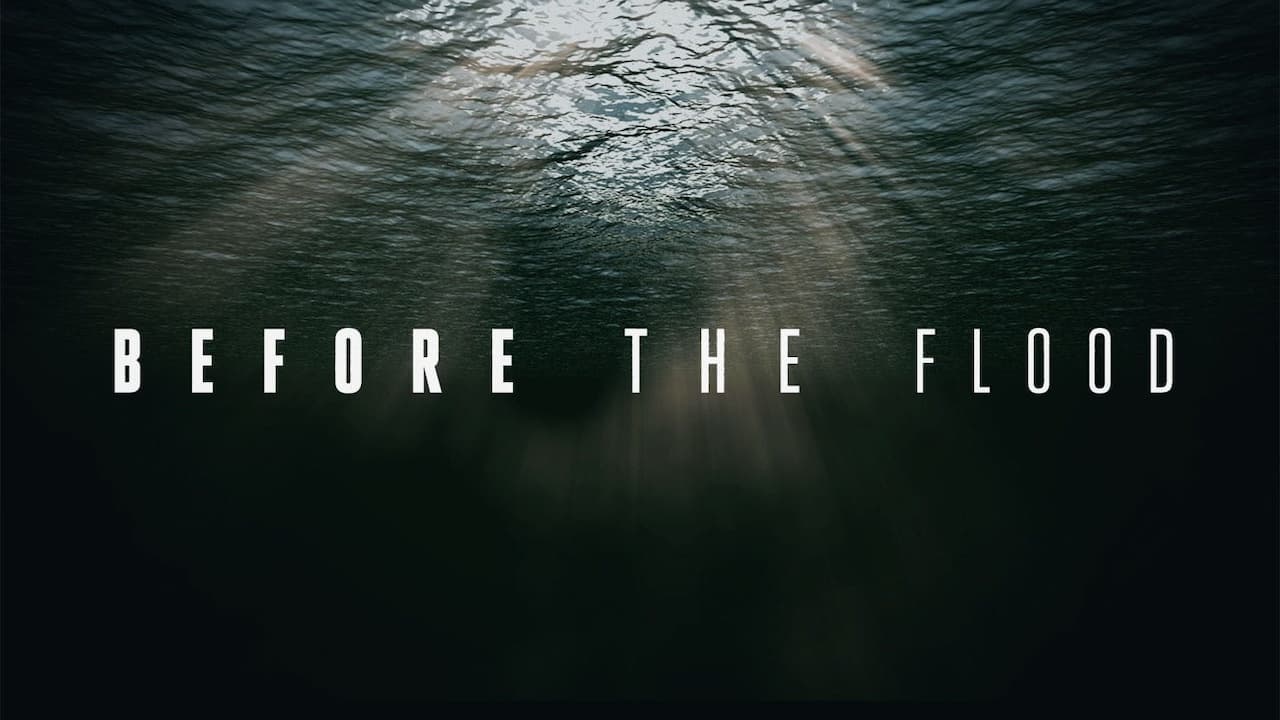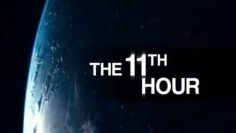Before the Flood
Before the Flood follows Leonardo DiCaprio on a three-year journey around the globe to witness firsthand the impacts of climate change. As a UN Messenger of Peace, DiCaprio meets with scientists, politicians, and activists to gain a comprehensive understanding of the challenges facing our planet and potential solutions to address them.
The film opens with DiCaprio reflecting on a painting from his childhood, Hieronymus Bosch’s “The Garden of Earthly Delights,” which serves as a metaphor for the current state of our planet. This powerful imagery sets the tone for its examination of the various facets of climate change and its far-reaching consequences.
Throughout his travels, DiCaprio encounters stark evidence of environmental degradation. In Canada, he witnesses the devastating impact of tar sands extraction, which destroys vast areas of forest and pollutes water sources. In Greenland and the Arctic, he observes massive glaciers crumbling into the sea, contributing to rising sea levels and altering global weather patterns.
The documentary also highlights the effects of climate change on vulnerable communities. In Miami Beach, DiCaprio meets with local officials who are implementing costly measures to combat frequent flooding caused by rising sea levels. In India, he engages in a thought-provoking discussion with environmental activist Sunita Narain, who challenges the Western perspective on climate change and emphasizes the need for equitable solutions.
One of the most striking segments focuses on the deforestation in Indonesia, where vast swaths of rainforest are being cleared for palm oil plantations. This practice not only destroys critical habitats but also releases enormous amounts of carbon into the atmosphere, exacerbating global warming.
DiCaprio’s journey also takes him to China, where he examines the country’s rapid industrialization and its efforts to transition to renewable energy sources. It presents a balanced view of the challenges and opportunities facing developing nations as they strive to balance economic growth with environmental sustainability.
Throughout, DiCaprio engages with world leaders, including former U.S. President Barack Obama and Pope Francis, to discuss the political and moral dimensions of climate change. These conversations provide insight into the complex negotiations and compromises required to address this global issue effectively.
The film addresses controversial topics, such as the influence of fossil fuel lobbyists on climate change policy and the role of consumer choices in driving environmental degradation. It presents compelling arguments for reducing meat consumption, particularly beef, as a way to mitigate greenhouse gas emissions.
By the end of his journey, DiCaprio emerges with a deeper understanding of the complexities of climate change and a renewed sense of urgency to address this global crisis. It serves as a powerful reminder of the interconnectedness of our planet’s ecosystems and the need for collective action to preserve them for future generations.










